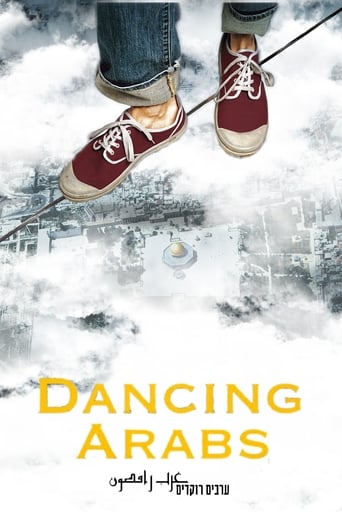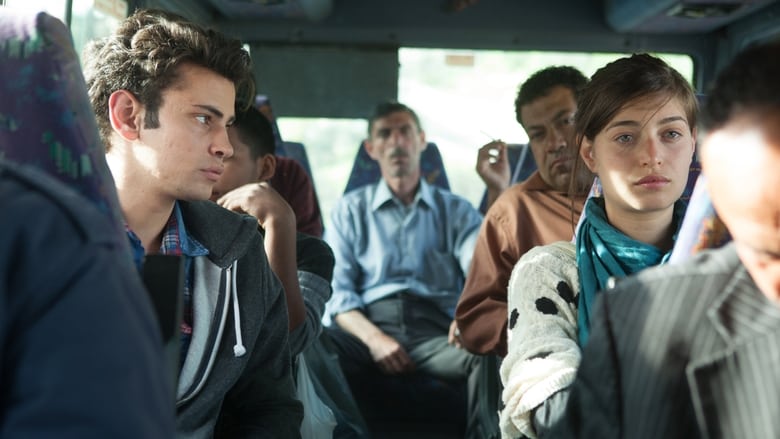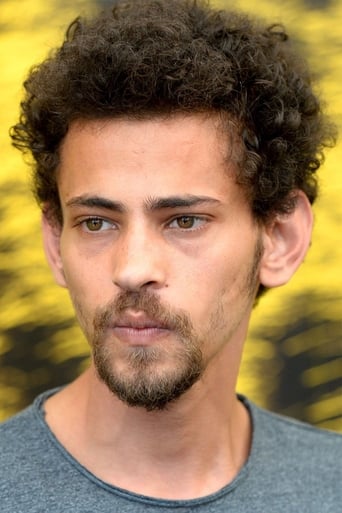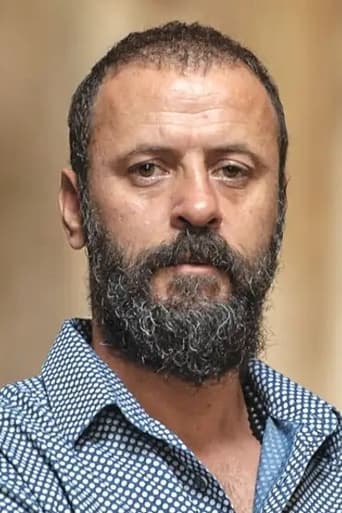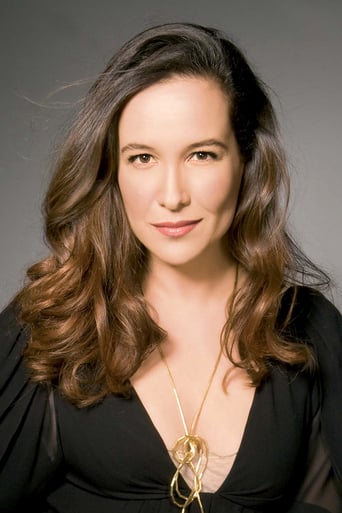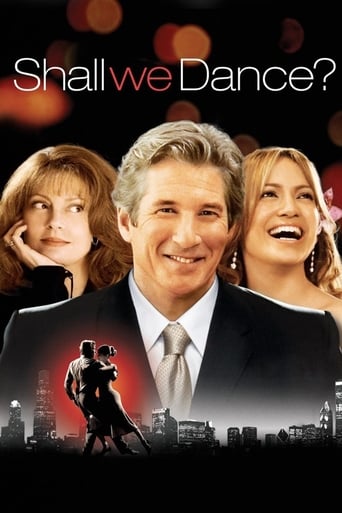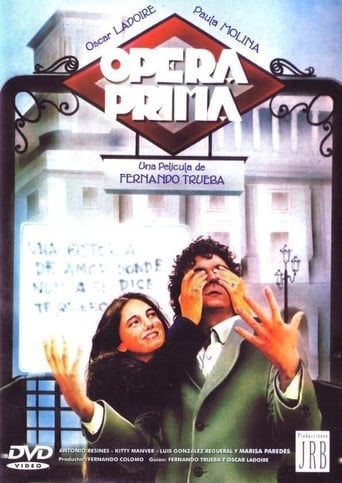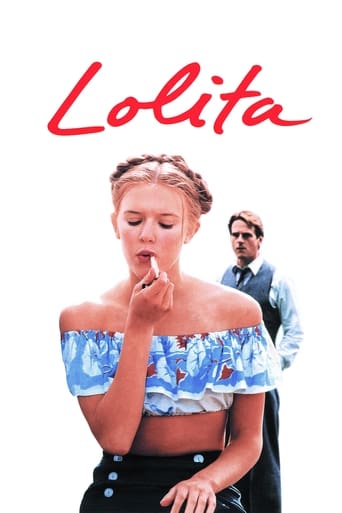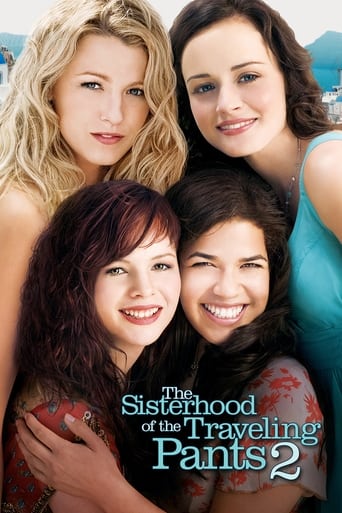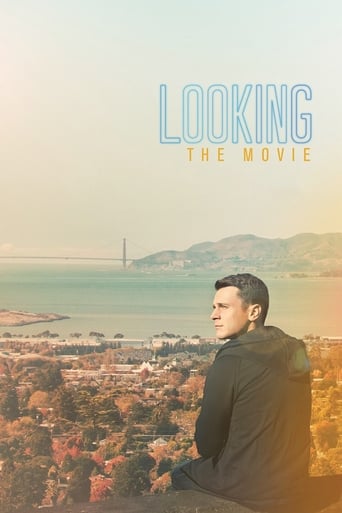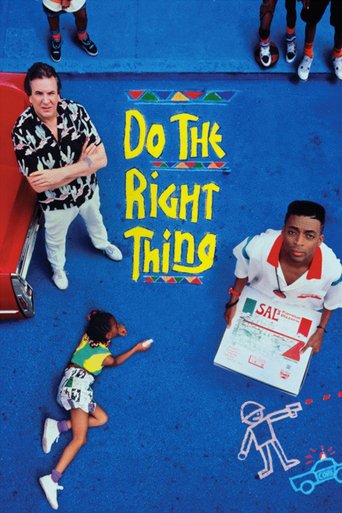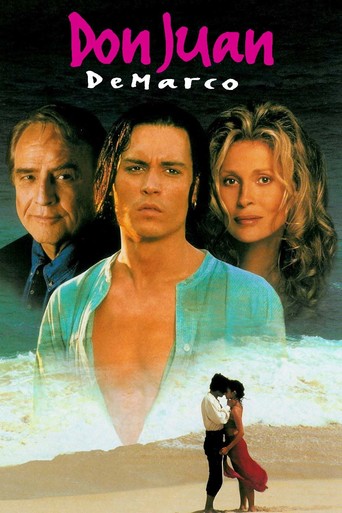Dancing Arabs (2014)
A young Arab is caught between cultures as he is sent to a prestigious Jewish boarding school in Israel in the 1980s.
Watch Trailer
Cast


Similar titles
Reviews
Truly the worst movie I've ever seen in a theater
best movie i've ever seen.
A movie that not only functions as a solid scarefest but a razor-sharp satire.
There's no way I can possibly love it entirely but I just think its ridiculously bad, but enjoyable at the same time.
"Of course, I'm aware of the animosities destroying brain cells on both sides, and I know all about the obstinacy of the warring parties, their refusal to reach an agreement, their devotion to their own murderous hatred ." Yasmina Khadra, The Attack Identity is indeed the heart of A Borrowed Identity about Palestinian boy, Ayed (Tawfeek Barhom), sent to a premiere boarding school in Jerusalem, but beset by prejudice against him and decisions about which culture he should embrace. This informative film is a crash course in cultural clash with enough character and interpersonal drama to satisfy the most discerning cinephile. Those who found The Attack an unforgettable interpretation of the conflict will have a similar reaction to this film.From the early '80's nothing is going right for Palestinians: Israel dominates the split of the region while Hamas begins to retaliate. Meanwhile Ayed has the misfortune to fall in love with a Jew, Naomi (Daniel Kitsis), whose love will drive some of his basic decisions, like staying at the boarding school, and therefore his life.The charm of this film is that it does not take sides, just empathizes with the protagonist, whose love is not only natural but also an emblem of the absurdity of cultural wars when one considers that it's really about people, whose loves cannot be controlled, and shouldn't be. Her mother would rather Naomi be "a lesbian, a drug addict, or has cancer" than be in love with an Arab.The more time director Eran Riklis lets us spend with these Romeo- and-Juliet lovers, the more we are convinced the Arab-Israeli conflict is an absurdity born of historical hatreds that really shouldn't apply in the modern World. The tragedy is that Ayed must deal with the debilitating prejudice daily and make decisions on it rather than his natural love and brilliance.But that conflict is what makes A Borrowed Identity such a watchable drama that gives more insight into that region of the world than all the Wikipedia articles touching on the Arab-Israeli conflict.
The Israeli film "Dancing Arabs" was shown in the U.S. as "A Borrowed Identity." It was directed by Eran Riklis. The movie stars Tawfeek Barhom as Eyad, a Palestinian boy who is an Israeli citizen. Although his plight isn't as bad as a non-Israeli Palestinian, he is nonetheless a second-class citizen. (Palestinian citizens work in restaurants as dishwashers. Jewish citizens work as waiters.)Despite being Palestinian, Eyad is allowed to attend a prestigious Israeli boarding school. Naturally, he's the target of racial slurs, but he isn't physically injured, and he moves forward toward adulthood. As part of a class assignment, he meets Jonathan (Michael Moshonov), a young man who has progressive muscular dystrophy. He also meets an Israeli girl, Naomi, played by Daniel (Danielle) Kitsis. Naomi is intelligent and loving, but the question is whether their relationship has a future, because of their cultural and religious differences.The plot moves in unexpected directions, and the movie is emotionally powerful and gripping. The acting is excellent, and I think the plot represents a balanced picture of the Israeli/Palestinian conflict, as it plays out among individuals.We saw this movie at the Little Theatre in Rochester, as part of the highly successful Rochester International Jewish Film Festival. The film will work well on the small screen.
The film started off innocently, much like Eyad / Iyad is at the beginning. It's sweet, funny and almost carefree and gets serious overtime as Eyad grows up and tries to understand and fit into this adult world. Dancing Arabs' comedic tone reflects Eyad's childhood innonce, the tension and drama later on in the movie attests of this young arab's struggles to find his place and his identity around jews in Israel.Eran Riklis succeeded in capturing Iyad's evolution in My son, coherently interlacing different tones and getting a good performance out of Razi Gabareen & Tawfeek Barhom who both embody Eyad's life. Years of Eyad's life are smartly intertwined with the tensions in the region and Eyad's choices. Although Riklis, very skillfully took on a difficult subject and managed to make a movie advocating coexistence, My Son felt at times a bit too sugar coated. There's no denying that it is about Eyad and his journey to self discovery but some of the characters - although secondary - completely lacked substence or development. The mothers for instance, both brilliantly played by Abecassis & Eido kind of lacked personality. The Arab-Israeli tensions are in the film but they are addressed very subtle, hinted. The cast nicely played the bonds and chemistry between the characters. Tawfeek Barhom, awkwardness and isolation in his new surroundings is on point. He is utterly believable and convincing as the good- intentioned young arab who wants to fit in. My Son is a beautiful, funny film shining a good light on both population.@wornoutspines
Eran Riklis manages a touching humanist film that should engage and expand both sides of the Arab/Jewish divide in Israel — and beyond.It follows a bright young Arab boy Eyad, whose intelligent father — consigned by his earlier political activity to a career as fruit-picker — gets him into the country's premier Jewish high school. With that family as its centre the film obviously reveals the Arabs' difficulties in the (understandably) wary Jewish country. The Arabs make up 20% of the population, so they understandably chafe at soldiers checking their IDs and teachers' snide remarks and the conviction the system is prejudiced against them. Arabs steam in the kitchen while the Jewish boys get the better paying jobs as waiters. As Eyad's father summarizes it, "We want to live in dignity." Eyad's experience broadens when a community service project leads him into a friendship with Ionathan, a Jewish boy crippled with MS. He also has an affair with a bright, pretty Jewish student, Naomi, whose parents pull her out of the school to end their contact. To enable her to return, Eyad gallantly leaves the special school and studies for his exams on his own, while working in restaurants. His father disowns him in anger and disappointment.Riklis is careful to present the Jews' perspective as well. An Arab teacher teaches the map of Palestine — denying Israel — then unrolls the Israel map when the Jewish principal enters. Eyad's father and friends are certain Saddam Hussein will repel the US attack and destroy Israel in a few days. His mother knows better. The Arabs dance on their rooftops when they see the scud missiles fired at Israel.But that image does not explain the title. As Riklis told the Palm Springs festival audience, he had two other contexts in mind. Mainly the phrase suggests the Arabs' restriction to servicing (figuratively: dancing for) the Jews, whether in the kitchens or cleaning up their mess (as Eyad more heroically does for his stricken Jewish friend). He also recalled the Jewish proverb about not being able to swing one behind at two weddings at the same time. Servant Eyad is indeed torn between two dances, the Arab and the Jewish, when he ventures beyond his enclave. At school his summary of the 1948 war is the Jewish version, unshaded, but in a later discussion of Jewish contemporary fiction he details the conventions of Arab stereotypy.The two boys' mothers provide the film's moral center. Eyad's Arab mother — who has the stereotype Jewish nose — tacitly supports her son's love affair with the Jewish girl. Her concerns give way to her love and support. Ionathan's mother embraces Eyad for the comfort and life he brings her worsening son. When Ionathan nears the end, Eyad uses his passport to assume his Jewish identity, getting a waiter's job, then opens a bank account in his name to deposit the checks. Ionathan's mother is initially disturbed to discover that ploy, but when she confronts him she immediately softens at his need and promises to keep his secret. In response Eyad writes the high school exams both in his own name and in Ionathan's, securing both their graduations with identical honours. Eyad loses his beloved grandmother. Naomi denies him to win a spot on the Special Intelligence army unit. Eyad goes to university in Berlin, returning for Ionathan's last days. Then comes the film's astonishing climax. It's completely unexpected and yet perfectly inevitable. Ionathan's mother gives her son a Muslim burial under Eyad's name, to enable Eyad to pursue his life under her son's name, freed from the stigma of being an Arab. As Eyad's mother accepted her son having a Jewish lover, Ionathan's embraced her son's Arab friend. She asks him to live with them to ease her strain. Her climactic gesture reverses but fulfills the remarkable prophecy by Golda Meir: There will not be peace until the Arabs decide they love their children more than they hate the Jews. Both boys mothers' realize that; Naomi's doesn't. The message is that peace will be impossible unless both sides abandon their traditions of hatred and war. This Jewish mother abandons her religious tradition, turns her back on the past, to ensure a better future for the next generation of Jew and Arab together. We know her feeling for her Judaism from their sabbath dinner with Eyad. So we gauge the sacrifice she makes for her son's friend. Of course, in assuming the Jewish identity Eyad also abandons his past, including his family and culture. So profound is the schism that only a break with the past will bridge it. Eyad's elementary school is visited by a fatuous presenter of some Children for Peace movement. The film's climax plays out the deeper implications of that hope.

